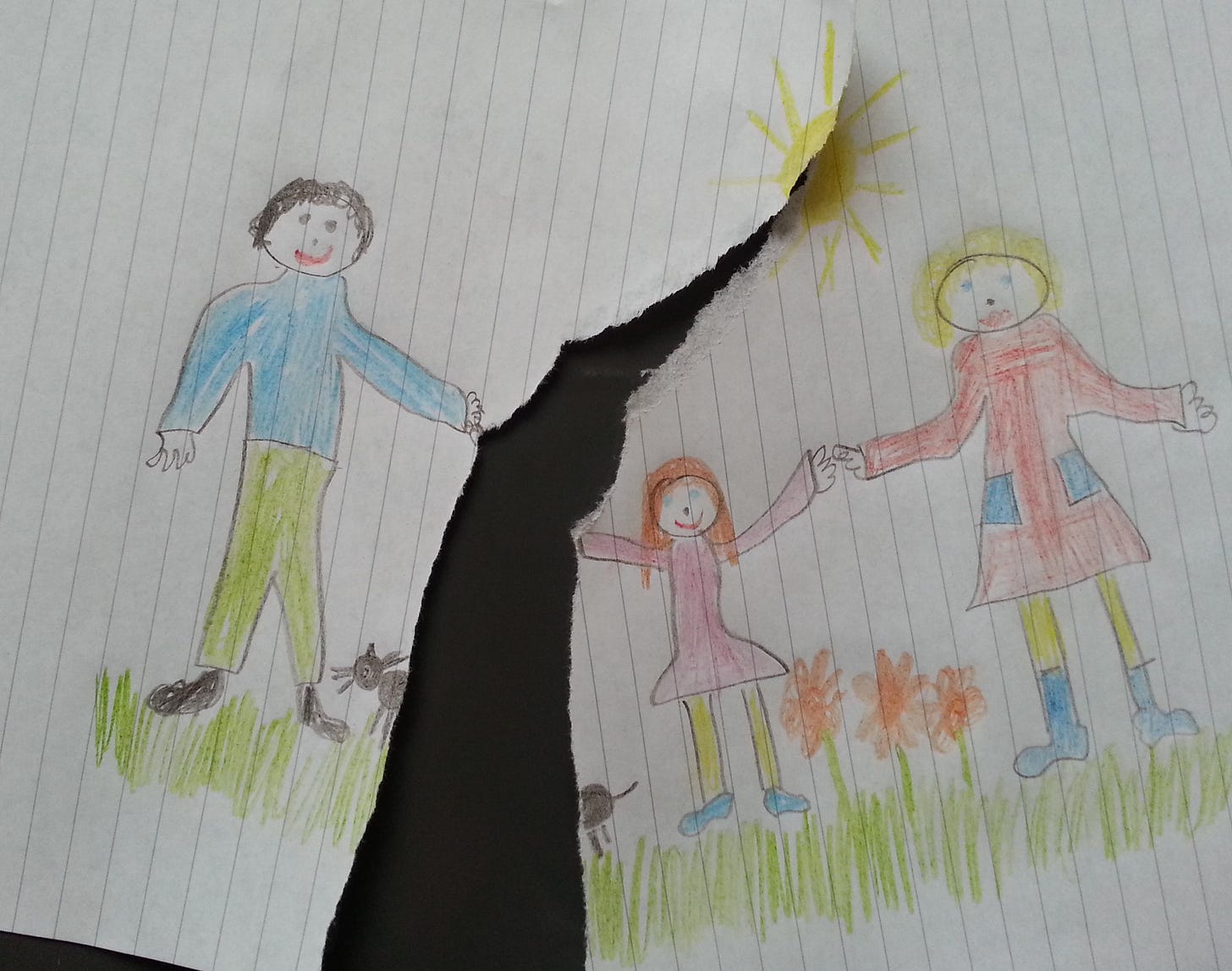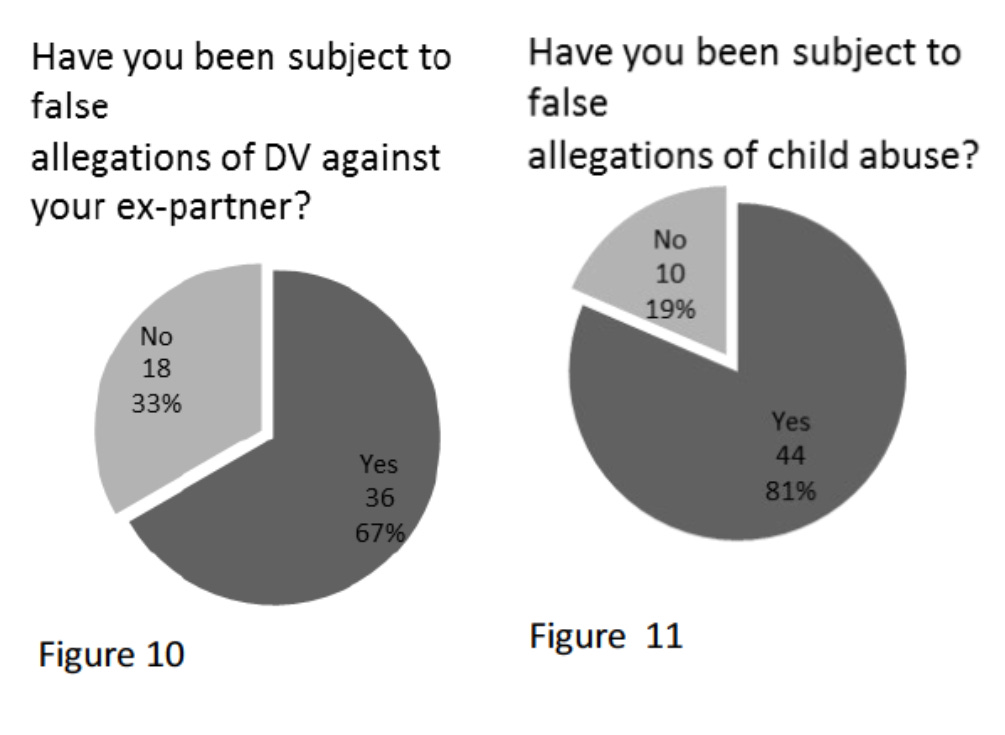Life - something always gets in the way ...
... better late than never!
I set up this Substack ten months ago, increasingly frustrated with myself, slipping back into shadows - being less than authentic, not true to me. It’s fair to say I have become even more frustrated - challenged on so many fronts, annoyed at my fear of speaking out, wary of what this might bring.
At long last - I have freed myself from these invisible shackles and am relishing unleashing my thoughts and views.
What better place to start than with that which has been part of my life for more than ten years now. Ten years ago, I began collecting data for my doctoral research on the then little-known subject, in the UK at least, of parental alienation. Eight years ago, I submitted my thesis, and became Dr Sue Whitcombe. I shared my findings at conferences here and overseas; I gave voice to those who had entrusted me with their stories; I had an article published. I hope I raised awareness, had some small influence on policy change and helped some of the people I met in the intervening years.
But - there were another three articles which I failed to mould into the requisite format for academic journals. I submitted, received feedback, was asked to re-submit, but again, life - work, got in the way. I have sat with this sense of failure and guilt - I feel I have let down those mums and dads who took the time to take part in my research. I can only apologise - and try to make amends now.
I have, to date, not made available my thesis, though I did put a summary of the study and results on-line. As a counselling psychologist, my thesis contains personal reflection on my research journey. This was a challenging time for me - yet I am honest, and frank, as I always am. My reflections contained very personal details, and reference to others too. I could never quite reconcile how to make my thesis public, while being respectful to those people who touched my life at that time. I did not want to remove the reflexive sections; they are key in understanding the research process and the role of me as the researcher in that process. Without my personal experience - there would have been no research.
I have now re-visited my thesis. I have made some minor redactions to maintain anonymity - but hope this does not impact too much on the reading.
To all those mothers and fathers who entrusted me with their stories, who took the time to contribute so much, who poured out their loss, their frustrations, their sorrow and their justifiable anger - thank you. I sincerely hope that you have found resolution and peace, if not reconnection and joy.
Ten years on, parental alienation is now “out there.” Unfortunately, it is projected and positioned as a tool of abusive fathers by those who appear to be ideologically motivated to deny the experience of the many children and parents who experience abuse, harm and loss. I hope by making my thesis available at this time, these findings can, in some small part, challenge this harmful narrative.
There has been a wealth of new studies between then and now. My knowledge, my understanding has developed – not just by digesting research findings – but by working for eight years with children, adults and families who have been impacted by unhealthy, and harmful, family separation and relationships.
I look forward to the end of the current ideological battle and a coming together of those practitioners to recognise parental alienation as a form of coercive control, family violence and psychological abuse. Alongside this – there must be a move to recognise the world from the child’s perspective with all its complexity and nuance. If not, children will remain at risk of harm.
Powerless: the lived experience of alienated parents in the UK; a Q methodology study



